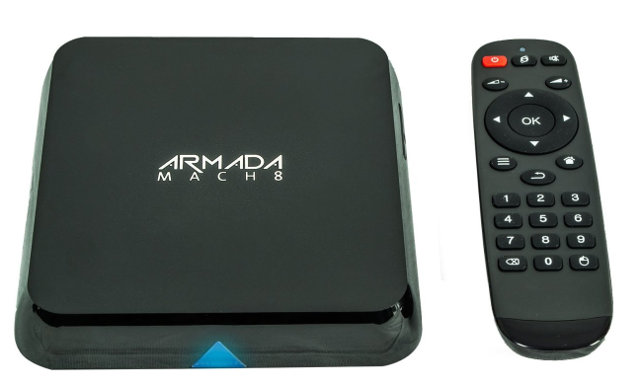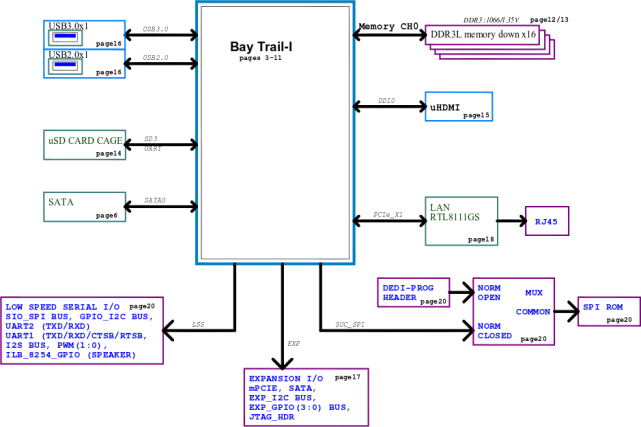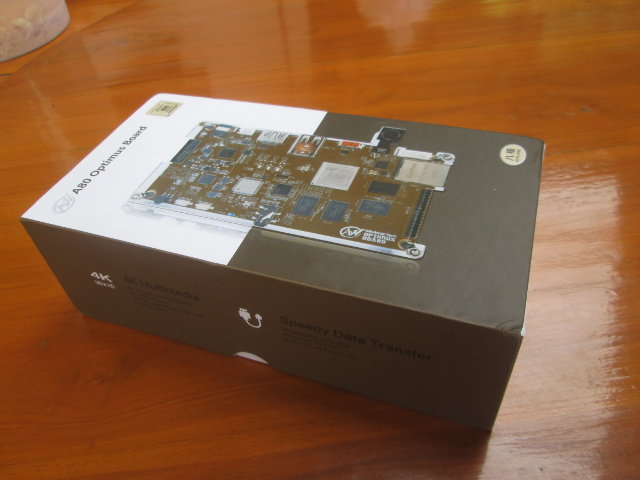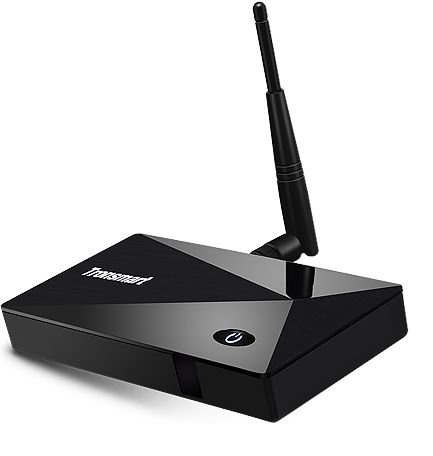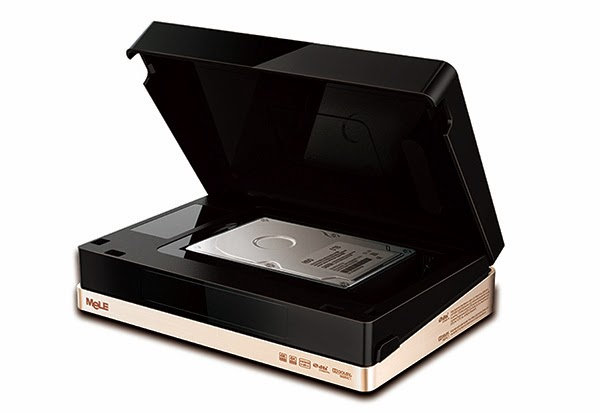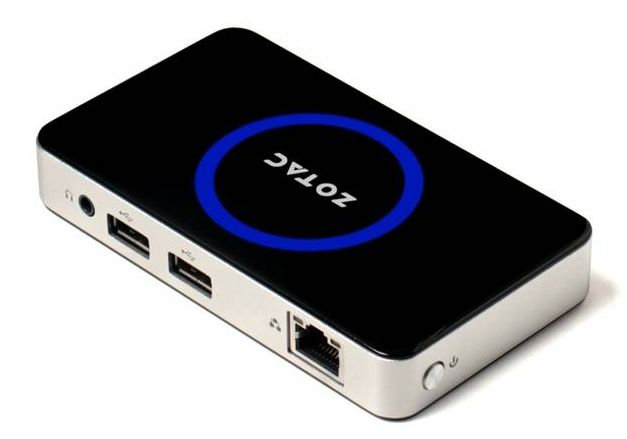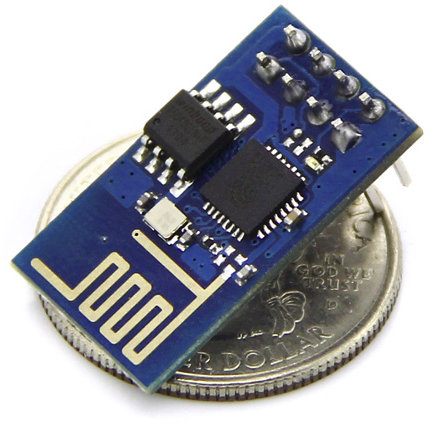Broadcom has recently announced a new development board for IoT applications using Bluetooth Low Energy (BLE) called WICED Sense. The kit consists of a “sense tag” powered by the company’s BCM20737S Bluetooth SIP Module with five micro-electromechanical sensors (MEMS), and Bluetooth 4.1 compatible WICED SMART software stack. The key features of WICED Sense devkit are as follows: Broadcom BCM20737 Bluetooth Smart system in package (SiP) module Five low-power MEMS sensors by ST Micro (part of the module): Gyroscope (L3GD20) Accelerometer (LIS3DSH) eCompass (LSM303D) Pressure sensor (LPS25H) Humidity Temperature sensor (HTS221) Bluetooth Smart connection covers distance of roughly 30 meters. USB – 1x micro USB connector to update applications Encryption, decryption, certificate signing, verification and various algorithms for increased privacy Secure Over-the-air (OTA) download capability to enable firmware updates from central device including smartphone, tablet and computers Misc – iBeacon, NFC, Wireless charging (Rezence A4WP) support. Power – Coin-cell battery The […]
Armada Mach 8 Pure Linux is a Quad Core XBMC Linux TV Box
Armada Mach 8 is an Amlogic S802 based TV Box apparently based on M8/EM8 hardware, but instead of running Android, it comes with XBMC Linux. It’s unlikely a quad core media player brings much performance over a dual core media player with XBMC Linux, but Amlogic S802 adds 4K video playback compared to Amlogic AML8726-MX. One of the main advantages of Linux compared to Android is support for automatic frame rate switching depending on the video you are watching (24Hz, 50Hz, 60Hz…), in order to avoid regular skipped frames when the video frame rate does not match the video output refresh rate. Let’s double check the specifications to confirm they are indeed the same as Shenzhen Tomato / Enybox M8, except possibly for Bluetooth: SoC – AMLogic S802 quad core Cortex A9r4 processor @ 2GHz with Mali‐450MP6 GPU @ 600Mhz System Memory – 2GB DDR3 Storage – 8GB NAND flash […]
MinnowBoard MAX Schematics, Board layout, Gerber, and BoM Released
MinnowBoard MAX (aka MinnowBoard2) is an embedded board powered by Intel Atom Bay-Trail-I E3815 (single core) or E3825 (dual core) processor, with 1 to 2GB RAM, SATA II, USB 3.0, Gigabit Ethernet ports, and more. The board currently officially supports four operating systems: Debian GNU/Linux, Linux built with the Yocto Project, Android 4.4, and Windows 8.1. One of its main selling point is the price as the single core version sells for $99, and the dual core version for $129, rivalling in price with equivalent ARM based development boards. It’s also an open source hardware board, and as it’s now about to ship, CircuitCo released all hardware files under a Creative Commons CC-BY-SA license, allowing anybody with the right skills to create a clone, or their own hardware. Here are the files that have been released: Schematic (PDF) Schematic (Orcad DSN) Board Layout (Allegro BRD) Gerbers Bill of Materials Schematics […]
A80 OptimusBoard Development Board Pictures and Benchmarks
A80 OptimusBoard is a development board featuring the latest AllWinner A80 SoC with 8 ARM Cortex A15/A7 cores in big.LITTLE configuration, and a PowerVR GC6230 GPU. Availability was announced about 2 weeks ago for $345, but partially thanks to reader comments on CNX Software, Merrii Technology decided to lower the price to $169 (and $50+ for shipping) to stay competitive against similar boards such as Hardkernel ODROID-XU3. I’ve now received a sample for evaluation. I won’t go again through the specs, but today I’ll take a few pictures of the board, and provide benchmark results to compare them to the ones I got with Rockchip RK3288. Normally, I would also play with the SDK provided with the board, but sadly (and amazingly), there’s currently no such SDK for A80 OptimusBoard, except a leaked Linux SDK which failed to build with recent tools and operating systems. A80 OptimusBoard Pictures I’ve received […]
Tronsmart Orion R28 (Beta) TV Boxes with Rockchip RK3288 SoC Feature up to 4GB RAM, 32GB eMMC, Come with Android SDK
I’ve recently reviewed my first Rockchip RK3288 Android mini PC, UyeSee G1H, and while it’s not catastrophic, the box still have stability issues related to Gigabit Ethernet connectivity, AV video output, Wi-Fi performance and so on. Now Geekbuying has just announced availability of the beta versions of their Tronsmart Orion R28 Android TV box also powered by the quad core ARM Cortex A12/A17 processor. This first batch (180 pieces) is geared towards tinkerers and “ROM makers”, rather than people who just want something that works, and these first boxes will ship with an Android SDK (5.1GB) on a micro SD card. [Update: link to SDK] There will be three models: Orion R28 Pro (8GB flash, 2.4 GHz Wi-Fi), Orion R28 Meta (16GB flash, 802.11ac Wi-Fi), and Orion R28 Telos (4GB RAM, 32 GB eMMC, 802.11ac Wi-Fi). They’ve just manufactured the first two models in the first batch, with 90 pieces […]
MeLE V10 Android TV Box Features an Internal SATA Bay, HDMI In, USB 3.0 and Gigabit Ethernet
Like UyeSee T1H, MeLe V10 is a quad core Android TV box powered by Mstar 9810 with HDMI In, USB 3.0 and Gigabit Ethernet, but adds an internal SATA bay supporting either 2.5″ or 3.5″ hard drives or SSDs. It also comes with better specs by default with 2GB RAM, and a 16 GB eMMC flash. MeLe V10 specifications: SoC – Mstar MSO9180 quad core ARM Cortex A9 @ 1.5GHz with a quad (or octa-core ARM Mali-450 MP GPU @ System Memory – 2GB DDR3 @ 1866MHz? Storage – 16 GB eMMC flash, internal SATA bay for 2.5″ or 3.5″ hard drive or SSD up to 3TB, and an SD card slot Video I/O – HDMI 1.4a out up to 4K30, HDMI in, AV (CVBS) Audio I/O – HDMI in/out, optical S/PDIF, AV port Video Playback MPEG-1/2, MPEG-4, DivX, H.264, H.265/HVC, VC-1, H.263, Real Media, MVC… Up to 4K, 60Mbps (H.264) […]
ZOTAC ZBOX PI320 is a Pocket-Sized Intel Bay Trail-T Mini PC
If you’re a fan of HDMI TV sticks, but wished it could use an Intel processor, instead of the various ARM processors currently available, your dream may have come true thanks to ZOTAC ZBOC PI320 mini PC. Although it’s not quite as small as your standard HDMI TV stick, it’s small enough (115.5mm x 66mm x 19.2mm) to fit into your pocket, and it’s also much more powerful, as it features Intel Atom Z3735F quad-core Bay Trail-T processor, 2GB RAM, 32GB flash, wired and wireless connectivity and more. ZBOX PI320 pico-series mini PC specifications: SoC – Intel Atom Z3735F “Bay Trail” quad core processor @ 1.33 GHz (Burst freq up to 1.83 GHz) and Intel HD Graphics System Memory – 2GB DDR3L @ 1333 MHz (soldered) Storage – 32GB eMMC flash (soldered) + “3-in-1” card reader (micro SD/SDHC/SDXC) Connectivity – 10/100M Ethernet, Wi-Fi 802.11n + Bluetooth 4.0 (AP6383) Video Output […]
ESP8266 WiFi Serial Module Costs Just $5
Wi-Fi is great because it’s ubiquitous, and rather fast for a wireless standard. However, it drains batteries fast, and Wi-Fi modules are usually much more expensive than Bluetooth modules for instance. There’s not much that can be done with regards to power consumption, but thanks to ESP8266 module, it’s now feasible to add Wi-Fi to your Arduino board, or others, for just $5 including shipping on Aliexpress, but SeeedStudio also have it for $6.95. If you buy 1,000 pieces, it goes down to about $3 per unit. As reported by Hackaday, this module embeds ESP8266 SoC which takes care off all IP stacks, a bit like Texas Instruments CC3000 SoC, but it’s just much cheaper. Here are some of the specifications of the module (and processor): SoC – Espressif Systems ESP8266 32-bit RISC processor with 802.11 b/g/n support(32-pin QFN package), Interfaces: SDIO 2.0, SPI, UART, I2S Wi-Fi – 802.112 b/g/n […]



